Endometriotic Exosomes Suppress Immune Defense and Promote Ectopic Tissue Survival
In a study published in the Journal of Immunology, Björk et. al investigated how NKG2D-mediated cytotoxicity affects the function of endometrios cells enviroment in endometriosis, highlighting its role in disease progression and its potential as a target for therapeutic intervention. This study explores the role of exosomes secreted by…
Key Points Lay SummaryA Key Modulator of Natural Killer Cell Dysfunction in Endometriosis: Soluble MICA
In a study published in the American Journal of the Reproductive Immunology, Abrao et al. investigated the potential effect of MHC Class I related MICA molecules at the pathogenesis of the endometriosis. This study highlights a novel role of soluble MICA (sMICA) in endometriosis, showing…
Key Points Lay SummaryA synopsis of deep infiltrating endometriosis of the digestive system
The gastrointestinal tract is one of the most common locations of extrapelvic endometriosis. Its infiltrative counterpart exhibits more aggressive behavior and often needs to be distinguished from malignancies clinically. Yin et al. from Harbin, China reviewed the latest findings regarding…
Key Points Lay SummaryPeritoneal endometriosis and Peritoneal Immunity
The peritoneum is an important immune barrier where, under normal conditions, it is balanced. External stimuli cause pro-inflammatory responses. To bring balance to this undesired situation, anti-inflammatory factors come into play. However, in patients with endometriosis, cytotoxicity of T lymphocytes,…
Key Points Lay SummaryHarnessing the Power of the Immune System: The Potential of Immunotherapy for Treating Endometriosis
The review article by Wenshu Li et al. discusses the potential of immunotherapy as a novel treatment for endometriosis and the potential to overcome possible side effects and recurrence rates related to conventional therapies. The article explains how immunotherapy, which…
Key Points Lay SummaryFrom inflammation to remission: The promising role of jun kinase inhibitors in endometriosis
Stephen Palmer from Baylor College of Medicine presented his speech at the Annual International Medical Conference of the Endometriosis Foundation of America held in New York on April 1-2, 2023. Dr. Palmer began his talk with a philosophy and a personal statement “Endometriosis is…
Key Points Lay SummaryInsights into immune dysfunction in endometriosis - Chandrakant Tayade, DVM, PhD
In his speech presented at the Annual International Medical Conference of the Endometriosis Foundation of America held in New York on April 1-2, 2023, Dr. Tayade talks about the relationship between endometriosis and the immune system. Dr. Tayade begins by emphasizing the significance of…
Key Points Lay SummaryThe role of neurogenic inflammation in endometriosis
Prof. Mechsner from Charité—Universitätsmedizin Berlin, Germany presented on neuroimmunomodulation and its clinical impact on endometriosis at the Annual International Medical Conference of the Endometriosis Foundation of America. Endometriosis is a complex disease and the main symptoms are all pain-related. The pain mechanisms are…
Key Points Lay SummaryMolecular Alterations in Ovarian Endometriosis
Endometriosis is a benign disease with biological features characteristic of malignant tumors, such as invasiveness and migration abilities. In epithelial malignant tumors, it is believed that epithelial-mesenchymal transition (EMT), that is, the switch of an epithelial phenotype versus a mesenchymal…
Key Points Lay SummaryMachine learning based potential biomarkers
To explore potential biomarkers for an accurate diagnosis and treatment, and to elucidate the mechanism of endometriosis, Yi Huang et al, analyzed gene differences between eutopic and ectopic endometrium and the status of the immune microenvironment., and published their results in the…
Key Points Lay SummaryA new potential therapeutic target in endometriosis: Galectin-3
The endometrial cells migrate and attach to the peritoneal surface according to the most widely accepted retrograde menstruation theory in endometriosis development. Given that only 10% of women have endometriosis, it is thought that some additional factors contribute to the…
Key Points Lay SummaryAnkylosing Spondylitis and Endometriosis
There are several theories contributing the development of endometriosis: one of the proposed pathophysiological mechanisms is the abnormality in immune and inflammatory system. Several immunologic diseases coexist with endometriosis depending on the common immunologic characteristics such as Tumor necrosis Factor…
Key Points Lay SummaryPreferential expression of some membrane type matrix metalloproteinase proteins
Dr. Maoga and associates from academic institutions located in Germany and Kenya have published their findings on the immunohistochemical expression of MT-MMP proteins, namely MT2-MMP (MMP15) and MT3-MMP (MMP16) in the eutopic endometrium of healthy and endometriotic patients; and also…
Key Points Lay SummaryEtiopathogenesis of Endometriosis and Links with Endometrial Cancer
Professor Terzic and colleagues from the Medical School of Nazarbayev University, Kazakhstan published their review on the molecular aspects of endometriosis and endometrial cancer in “International Journal of Molecular Sciences”. The etiopathogenesis of endometriosis has remained controversial, with recent studies…
Key Points Lay SummaryA pilot study for Endometriosis Potential biomarkers
Endometriosis is one of the most common female health disorders typically causing dysmenorrhea, dyspareunia, and pelvic pain, and may contribute to infertility. It is necessary to identify potential molecular biomarkers for diagnosis and regulatory factors behind the disease. The study…
Key Points Lay SummaryEndometriosis and Natural Killer Cell Immunity
It is known that approximately 25 to 50% of infertile women have endometriosis, and 30% to 50% of the women with endometriosis have infertility and recurrent pregnancy loss. Previous studies have shown that women suffering endometriosis have abnormal NK cell…
Key Points Lay SummaryNatural history of spontaneous endometriosis in crab-eating monkeys
Kaori Hayashi and associates from Shiga University of Medical Science, Japan, published their observations on spontaneously occurring endometriosis in crab-eating monkeys in "Tohoku Journal of Experimental Medicine"https://www.jstage.jst.go.jp/article/tjem/251/4/251_241/_pdf/-char/en. The presence of endometrial tissue outside the uterus, i.e., endometriosis is a progressive prevalent…
Key Points Lay SummaryImmune cells and endometriosis pain
Endometriosis is an estrogen-dependent inflammatory disorder in women. This disease leads to dysmenorrhea, pelvic pain, and infertility. The immune reaction is one of the most widely accepted pathologies of endometriosis. Estrogen dysfunction stimulates immune cells in the peritoneal cavity affecting…
Key Points Lay SummaryNatural killer cells receptor expression in endometriosis
Increasingly, studies have reported that endometriosis pathogenesis is related to defect in immune functions. The data also points to the impaired function of natural killer (NK) cells, leading to less cytotoxic NK cell activity in endometriosis. Similar to B and…
Key Points Lay SummaryFibrogenesis in endometriosis: The role of neuropeptides
Endometriosis is a debilitating gynaecologic disease affecting 6–10% of women of reproductive age. Endometriotic lesions are known to be hyperinnervated due to neurogenesis resulting from neutrophins secreted by endometriotic lesions and possibly platelets. These neutrophins seem to preferentially favor the…
Key Points Lay SummaryThe genetic predisposition to endometriosis
Endometriosis is an estrogen-dependent gynecological disease mostly encountered in reproductive-aged women. Although endometrium is a non-malignant disease, its symptoms can range from mild to severe due to the inflammation that ectopic endometrial tissue forms around itself. The exact etiopathogenetic mechanism…
Key Points Lay SummaryTherapeutic potential of ginseng based compound in preclinical models of endometriosis
Currently, the drug option for women with endometriosis mainly focus on reducing estrogens levels (e.g., progestins, androgens, gonadotropin-releasing hormone (GnRH) agonists, and aromatase inhibitors). However, these therapies can have low effectiveness with frequent recurrence and considerable side effects. Therefore, there…
Key Points Lay SummaryOxidative Stress and Endometriosis
Endometriosis is a disease characterized by ectopic endometrial tissue outside the endometrium and is associated with a background of a chronic inflammation. Recent studies have aimed to elucidate the inflammatory mediators involved in endometriotic lesions by studying immune cell interactions,…
Key Points Lay SummaryReproductive delay and social egg freezing
The data collected from Office for National Statistics in England and Wales has suggested a major shift in the timing of motherhood. In the mid-1970s, the average age of motherhood was 26.4 years of age to, while in 2016, it…
Key Points Lay SummaryThe Chance of Getting Pregnant of a Woman with Endometriosis May Soon Be Predictable
Researchers have found a new way of predicting whether or not an embryo will be able to successfully implant into the womb of a woman with endometriosis. These findings could make it possible to predict whether she is likely to…
Key Points Lay SummaryA review on the role of immune cells on the pathogenesis of endometriosis
Immune cells play a vital role in the homeostasis against infectious pathogens but also in the pathogenesis of endometriosis. Recent research has suggested that different immune cells have unique roles in this pathogenesis. Neutrophils, which are typically the primary acute…
Key Points Lay SummaryRole of immune cells in endometriosis
Immune cells have essential functions in the body such as detection and clearance of abnormal cells and debris. One of the possible mechanisms for the development of endometriosis is proposed to be the impaired function of immune system cells in…
Key Points Lay SummaryUpdates in the Field of Endometriosis: Genetics
This chapter written by Krishnamoorthy and Decherney re-evaluate the literature concerning the genetics of endometriosis. The genetic mechanisms and signaling pathways that led to endometriosis are updated and the tools that help researchers find these abnormal genes and pathways are…
Key Points Lay SummaryPing-Chong-Jiang-Ni Formula: A Natural Treatment
In the world of modern medicine, natural and herbal remedies are often under utilized. Liang et al. recently published an article in Evidence-Based Complementary and Alternative Medicine where they explored the benefits of using a Chinese Herbal Medicine to treat…
Key Points Lay Summary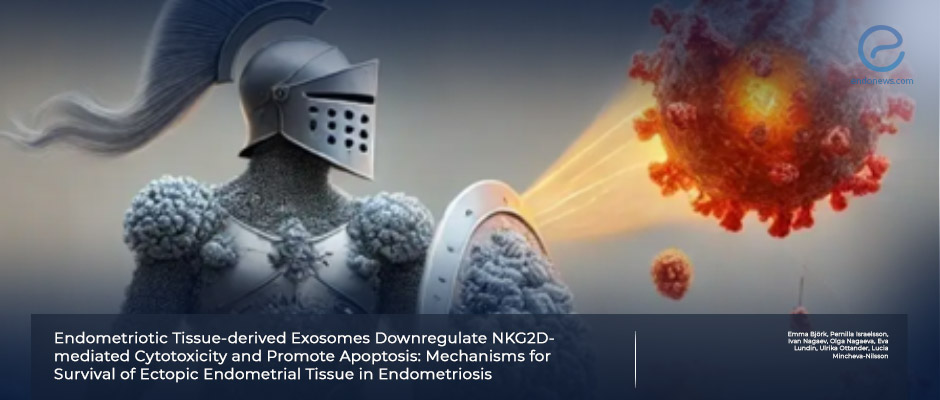
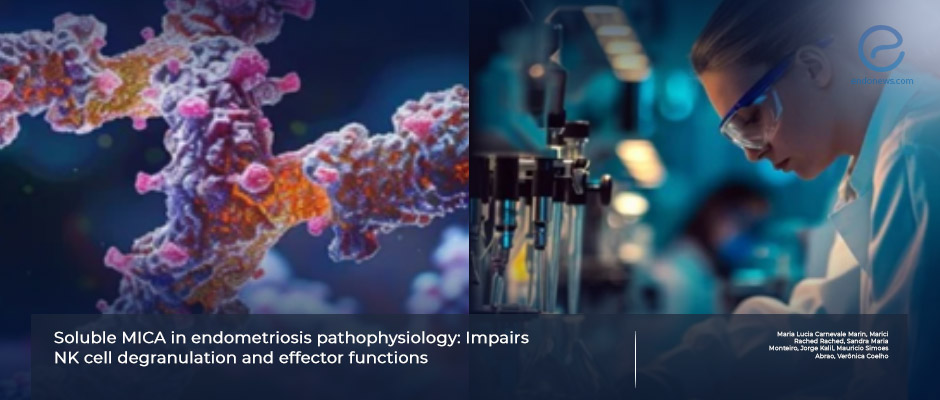
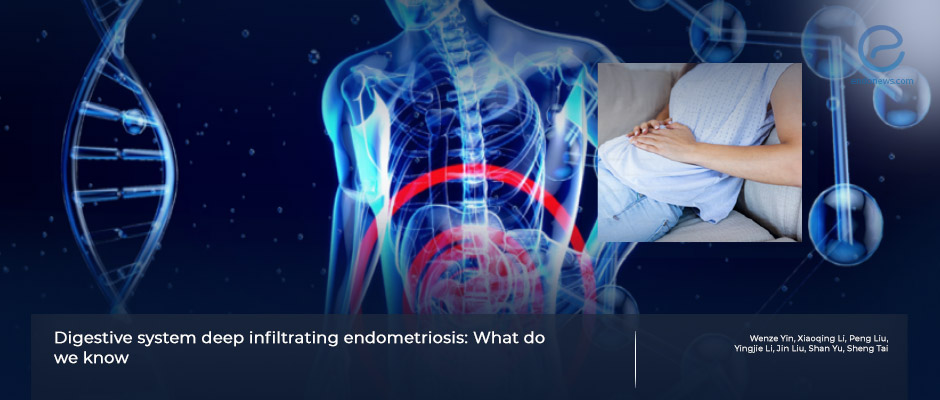
 By Eylül GÜN
By Eylül GÜN

 By Selma Oransay
By Selma Oransay
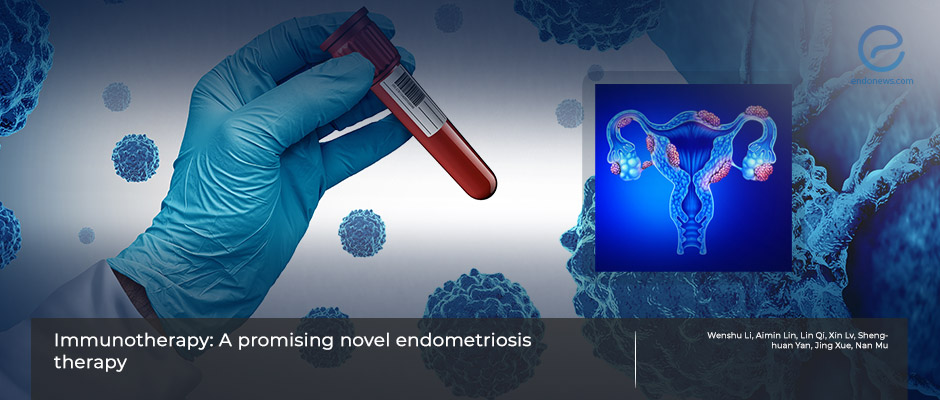
 By Bahar Yuksel
By Bahar Yuksel




 By Elisabetta Kuhn
By Elisabetta Kuhn



 By Hale Goksever Celik
By Hale Goksever Celik

 By Nasuhi Engin Aydin
By Nasuhi Engin Aydin


 By Ellen Tumimbang
By Ellen Tumimbang

 By Dr. Youngran Park
By Dr. Youngran Park


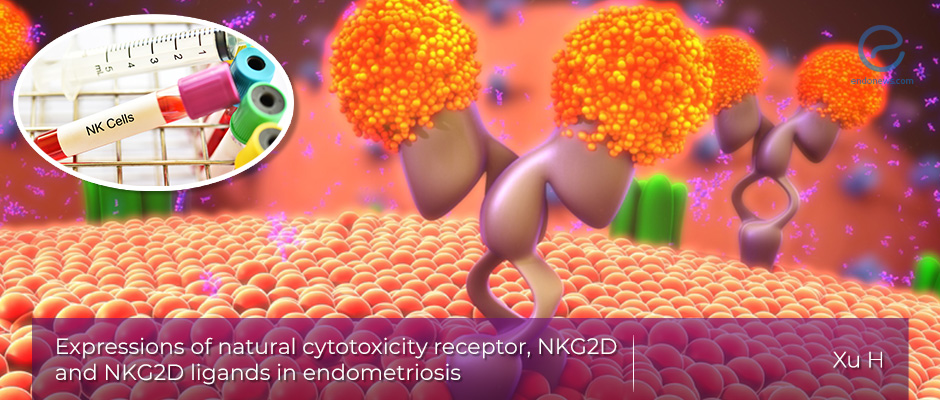
 By Yu Yu
By Yu Yu




 By Murat Osman
By Murat Osman


 By Özge Özkaya
By Özge Özkaya

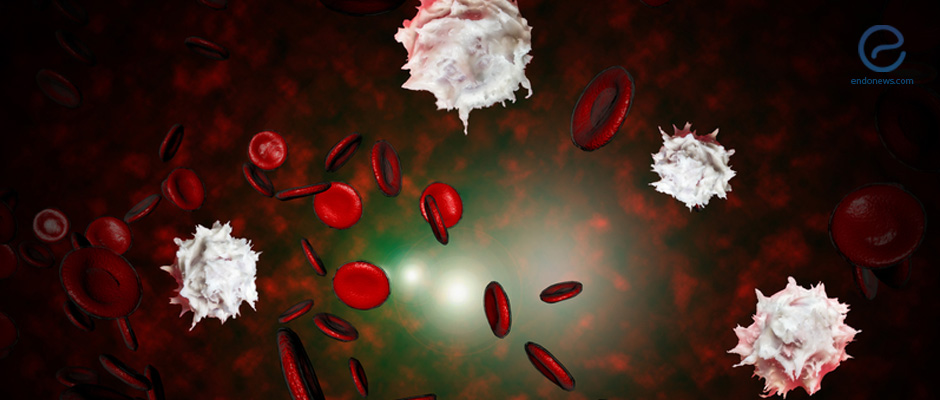
 By Demet Candaş Green
By Demet Candaş Green

 By Kasthuri Nair
By Kasthuri Nair
